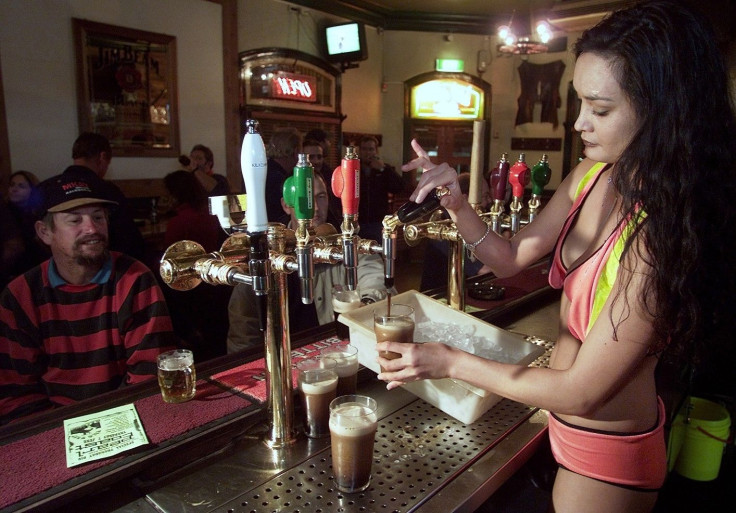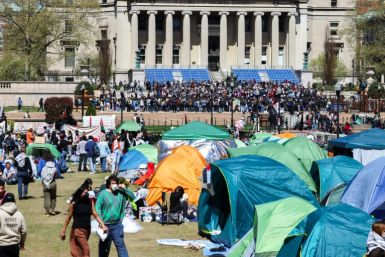Queensland’s lockout laws to trigger 6,000 job losses: Nightlife lobby group

Unemployment in Queensland will skyrocket if people wouldn’t able to drink alcoholic beverages past 3 a.m., according to the nightlife community. The state government’s lockout laws were passed in the Parliament early Thursday morning.
Nick Braban from the lobby group Our Nightlife Queensland said about 6,000 jobs would be culled once the liquor laws take effect from July. He claimed approximately 80 small businesses would be the worst affected by the “draconian” laws.
“That’s the major concern. Bigger businesses, big nightclubs, big pubs, they can survive this. They are bigger businesses. But the small ones, they are gonna struggle, they really are. The 1am lockouts mean people are leaving earlier. And that’s sad because they are not places that attract thugs,” Braban told 512 ABC Brisbane.
He explained that small businesses do not profit a lot. Once the lockout laws are implemented, people confidences would be down, and businesses would wonder if they should leave the nightlife industry.
The laws, Braban said, do not change the management of the businesses, just the operating hours, and therefore the laws wouldn’t have any good effect. “Money that was set aside for introducing good ideas and plans and communication strategies and management things for the precincts is now planned to be given back to businesses as corporate welfare,” he said
The state’s minority government passed with the support of the Katter’s Australian Party MPs Rob Katter and Shane Knuth. According to the laws, pubs, nightclubs and other bars may only sell alcoholic drinks until 3 a.m. The last call for drinks order will be at 2 a.m. Shots and other rapid consumption drinks can only be served until midnight. Casinos are exempted as the Palaszczuk government reasoned out that drinking is not their main activity.
The laws, which aim to reduce the rates of violent incidents related to alcohol, take effect from July 1. A review of the same will be held in 2018.






